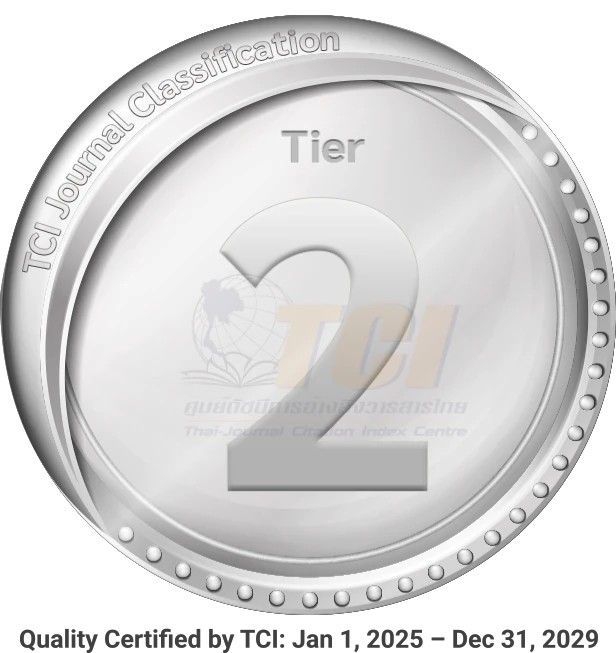Learner-Centered Instruction as a Motivational Tool in ESL Reading Class: A Case Study of Pharmacy Students in a Thai Private University
Abstract
University students in Thailand need to develop English language skills to prepare themselves for their selected specialized area and a career after graduation. As reported in quite a few previous ESL studies, Thai university students were not well-prepared for the career-based demands in functional communication skills in English as a Second Language (ESL). They were not able to develop their English skills to a functional level in reading, listening speaking, and writing. On the teaching side, limitations could have stemmed from the lack of sufficient interactions between the teacher and students--characteristic of the traditional teacher-centered method. The researcher therefore would like to explore a combination of learner-centered teaching, interactive learning, and authentic assessment strategies to motivate learners for target performances or learning outcomes. It in fact shifts a focus from the teacher to the learner in performing communicative language tasks. This paper reports a case study on the effects of learner-centered instruction in 9 sessions of an ndergraduate
reading course with 30 second-year Thai students in the Faculty of Pharmacy at a Thai private university. The findings obtained from the structured interview responses given by fifteen randomly selected subjects revealed the students’ positive feelings toward the learner-centered teaching method in that they had ample opportunities to perform their learning tasks or communicate with their peers in English. The tried method could serve as a practical guideline for ESL teachers to improve their reading course as seen fit in their teaching-learning ESL context.



